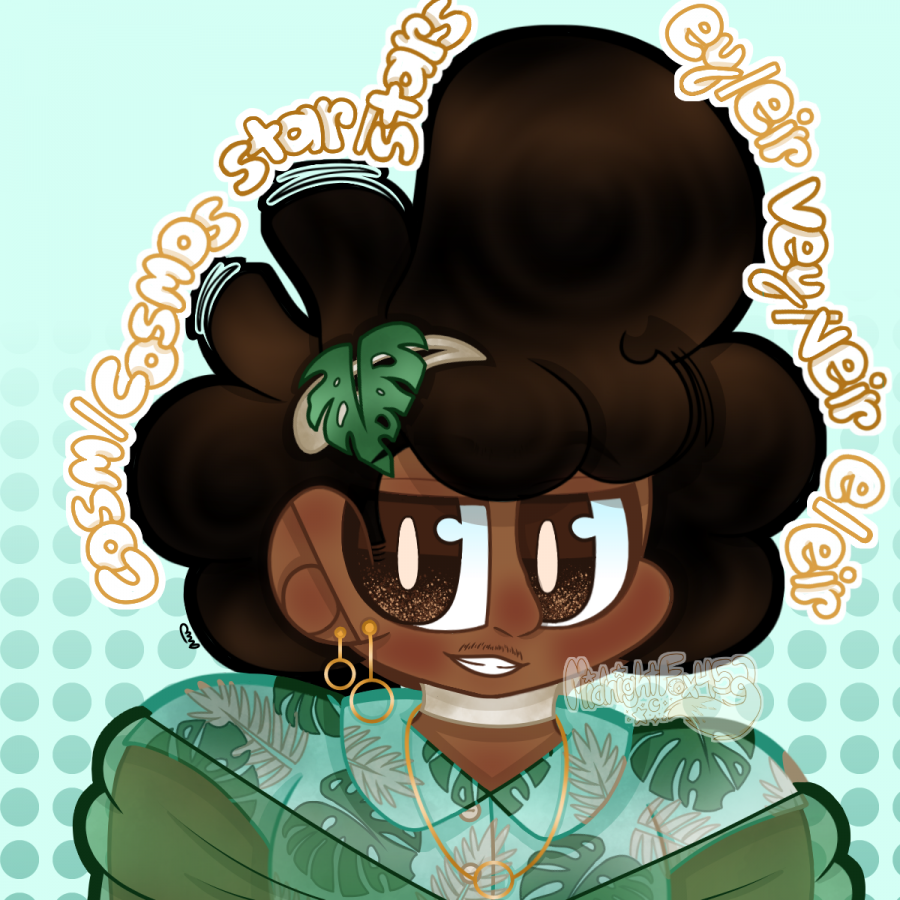Gatekeeping Pronouns in the LGBTQ+ Community
The LGBTQ+ community has long been a place for people to find safety and acceptance. However, everything isn’t always rainbows and Pride parades. There is a long history of gatekeeping in the queer community.
People in the LGBTQ+ community are often gatekept for the way different parts of their identity intersect with their queerness. Gatekeeping (in this context) is when a person, group, or organization attempts to decide who does and does not belong in a certain community or group.
The rise in knowledge about neopronouns has brought a form of gatekeeping to light. If you don’t know, neopronouns are pronouns that can be used if a person doesn’t identify with more well-known pronouns like “he”, “she”, or “they”. Some examples are ze/zir, fae/faer, xe/xyr, and many others.
There are many reasons someone would choose to use neopronouns. For example, the pronoun “they” is gender-neutral. A person who uses neopronouns might not identify with that. Neopronouns provide a wide variety of options to better suit one’s gender identity. There are a lot of people, both inside and outside the LGBTQ+ community, who think that neopronouns are silly or not real. A person who uses neopronouns is just as valid as any other person.
Many people think that neopronouns were invented online, or that they are a trend of some kind. However, there are records of these pronouns that go back much farther than the internet. For example, thon/thonself pronouns were first recorded in 1858. They were even included in the 1934 edition of the Merriam-Webster’s dictionary. However, it was dropped from the dictionary in 1961. In 1912, a Chicago school superintendent coined heer/himer pronouns and they were included in the Funk and Wagnalls’ dictionary in 1913, however, they were ignored just like thon.
A lot of people who use neopronouns are neurodivergent people. People who are neurodivergent tend to feel a disconnect from the constructed societal ideas of gender. Neopronouns provide an alternative that does not have any gendered connotation. Because of the prevalence of neurodivergent people using neopronouns, a lot of ableism also comes out to play when neopronouns are used. Making fun of or invalidating people who use pronouns that you might not be familiar with is not okay under any circumstances.
Gatekeeping of pronouns and gender identities has even been experienced by some North Allegheny students. Sophomore Remy Litz (she/they) was told that “I can’t consider myself a lesbian (when I identified as one) because I was going by she/they.” If you don’t know, many non-binary people who identify as lesbians experience things like this. And yes, non-binary people can be lesbians. Gatekeeping pronouns is something that I have never understood. People are not hurting anyone by using these pronouns, so why are others so concerned about it?
Litz is not the only one who experiences things like this. Sophomore Beck Thompson (he/she/they), who is genderfluid, is often told that their “identity doesn’t exist.” They also have been told that it is their fault that they are discriminated against for “picking” a “strange identity”. Once again, I am completely baffled by why people care about how people identify. If you are a person who makes fun of or discriminates against people of other identities, why do you care how people identify or what pronouns they use? It does not affect you at all.
I have mentioned it a few times already, but I will never understand people who discriminate against people who use pronouns they have never heard of. The way that others identify themselves only affects that person. So why do people get so upset by it? I will never understand that. Even with clothing, people feel the need to comment on things that don’t affect them at all. If you would just mind your own business, then you could move on with your life.
I think that it is high time that LGBTQ+ people stop with this ridiculousness about what identities are “real” and which ones are “fake”. If the queer community is divided, then we lose a great deal of strength in our fight for equality. By banding together, we will be able to rise up and demand the rights that the queer community has been deprived of for far too long.
Emma Stoufflet is a sophomore at NAI. It is her first year on the newspaper, and she is excited to share her many, many, many opinions with the school,...


